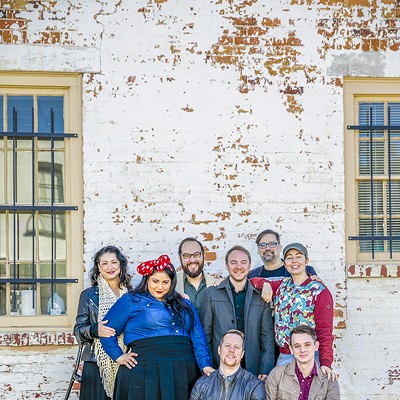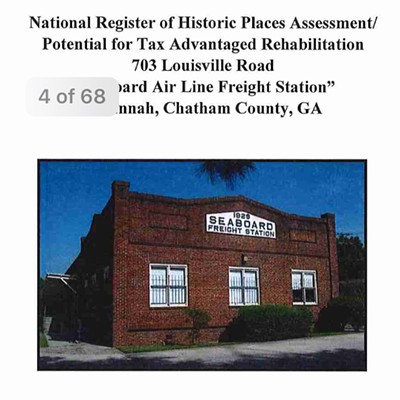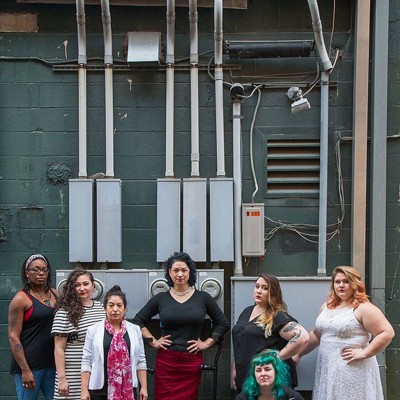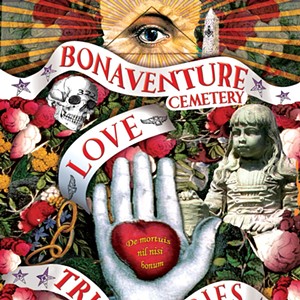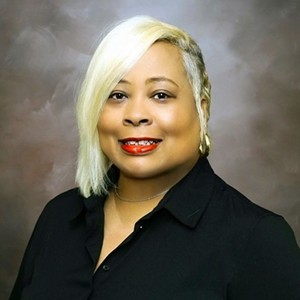ONE OF the worst-kept secrets in town the past few weeks is the fact that Muse Arts Warehouse will cease operations early next year, its lease up and not to be renewed.
The story of Muse is essentially a long love letter to the performing arts in Savannah.
Arguably there’s never been a more meaningful one-stop shop in which for lovers of local arts and culture to perform, to amaze, and to simply play, as the renovated Seacoast Freight Station just across MLK Boulevard on Louisville Road.
Begun by the wife/husband team of JinHi Soucy Rand and Mark Rand, Muse was built not only on that pair’s unmatched devotion to local theatre and arts — they’re both excellent actors in their own right — but on their unique ability to project love, positivity, and support for creative people around Savannah, regardless of background or bank account.
But the story of Muse, or its denouement, anyway, is also the story of a rapidly gentrifying and Disney-fying downtown Savannah.
Muse, you see, is to be replaced with residential development. It will no doubt fetch top dollar.
Unsentimentally, we have to conclude that Savannah was extraordinarily lucky to have Muse Arts Warehouse at all, even for its too-short but massively appreciated seven years in operation.
But allow me to be sentimental for a moment.
I’ve known JinHi since before we starred together in her local stage debut, in a play you’ve probably never heard of called The Woolgatherer.
This was in the final location of City Lights Theatre, on Broughton Street in what’s now Savannah Taphouse, probably longer ago than either of us would care to admit (cough, 1994, cough).
On opening night, with the fair but tough Savannah Morning News critic Gene Downs in the audience to review the show, a car alarm on Broughton Street went off right after the performance began.
The alarm kept going. And going. And going, through the first act and stopping only at intermission.
(Downs gave us a great review, saying the car alarm wasn’t that big a deal since the play was set in urban Philly anyway.)
JinHi’s extraordinary sensitivity not only to the arts but to artists was clearly apparent then, and just as clearly informed her tireless devotion to community in establishing Muse along with Mark.
You can see Mark onstage as Henry Higgins in this weekend’s opening of Pygmalion at Muse. See our story this issue.
While I had the honor of acting in only a single show at Muse, a production of Medea in 2013, other local performers have literally come of age onstage there.
All of them I’m sure share the same feeling of being nourished by the venue’s open attitude and dedication to serving all of Savannah’s arts community, not just a select few.
In the final analysis, it’s probably this sense of egalitarian accessibility, this rejection of elitism and snobbery, that will be Muse’s most enduring legacy.
They never met an actor or performer they didn’t appreciate. Any artist with a sincere passion for their art was met with equally sincere passion and support.
I have nothing but deep appreciation for what JinHi and Mark have done, not only as a fellow actor and theatre lover, but as a journalist at a newspaper whose average issue each week is about 80 percent devoted to covering local arts and culture.
You see: Muse has hosted so many amazing shows for us to write about!
In her pre-farewell message on Facebook — revealing news already pretty well-known in local arts circles — JinHi made it clear that the closing of Muse was by no means the end of their mission, just the end of one chapter.
“There are at least 10 different organizations with whom we have collaborated on a regular basis, and I am particularly proud that we are at a time and place in Savannah where those organizations and others like them are able to find a number of venues in town to either utilize part time, or to claim as their permanent home, and over the years a few have,” JinHi wrote.
“Many many thanks to the hundreds of artists that have enriched this community over the years and the thousands of patrons that keep inspiring us.”
And now begins an exodus of sorts, as ensembles which have come to rely on Muse must seek different venues.
Collective Face, for example, says they will mount future productions at Savannah State University for the time being.
The larger, not entirely artistic lesson is how increasingly difficult, if not impossible, it is for grassroots arts and culture to get a foothold in the Historic District as rents and prices there have skyrocketed.
A massive new Arena is planned for West Savannah, not far from where Muse is now.
(Fun Trivia Fact: Louisville Road isn’t named for the city in Kentucky, but for Georgia’s second capital after Savannah, located just south of Augusta.)
Ironically, Muses’s success may have at least partially inspired the City’s plans to reinvest in that part of town as an extension of the tourist district, therefore helping to price Muse itself out of downtown as the siren song of high rents and prices beckons.
Though its stay was far too brief, no one in their right mind regrets the presence of Muse Arts Warehouse where it has been for the past seven years.
Its closing is another cautionary tale of the often-unavoidable conflict and tension between culture and commerce.
Let’s hope that the amazing legacy of collective culture and community-building that is Muse’s mission will endure.

